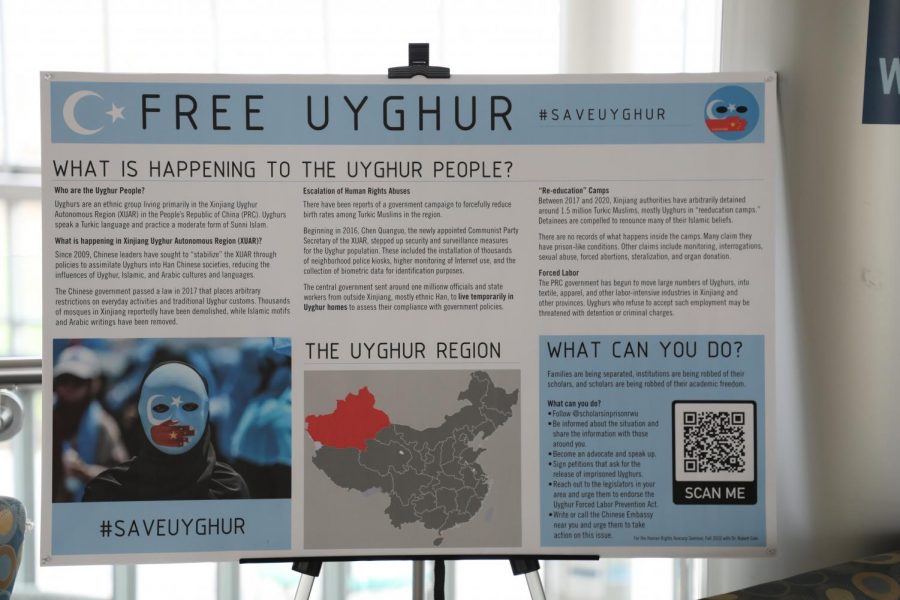Faculty senate motion on Afghanistan
Emily Dvareckas/The Hawks’ Herald
RWU has worked with Scholars at Risk for many years. Last year, the students in the Human Rights Advocacy Seminar course advocated for those in danger in their home countries.
The situation in Afghanistan is ongoing and the lives of thousands are in danger. On Sept. 8, a special Faculty Senate meeting was held regarding the crisis in Afghanistan, specifically its effects on students and scholars in the country.
The Roger Williams University Faculty Senate passed a motion to urge the Student Senate to consider introducing a motion or motions of support and action with respect to the humanitarian crisis in Afghanistan, as well as the threat academic students and scholars there are under.
Professor Adam Braver spoke at the meeting on why RWU should respond to the crisis in some way because he felt it was an important issue specifically for the university.
“I come from the perspective that it is the responsibility of all of us as members of the global higher education community (faculty, students, administrators) to work to protect each other, especially when so many of our colleagues around the world are under threat to life and livelihood,” Braver said.
In his presentation to the Senate, Braver cited the organization Scholars at Risk (SAR), which helps academic scholars receive temporary work positions in other countries due to their home country being unsafe to work in. Braver also served as the Steering Committee Chair of the Scholars at Risk U.S. section.
“RWU has been a member of SAR for over a decade,” Braver said. “Through an agreement between RWU and SAR, the International Seminar program is coordinated at RWU.”
Braver’s decision to go to the Faculty Senate stemmed from the fact that he “started being CC’d on emails from Afghan students, faculty, etc who were pleading for help to get out of the country in order to save their lives.”
Braver also said, “there were accounts of direct threats on them and their families by the Taliban, as well as accounts of friends and colleagues disappearing and/or being executed.”
“My hope is that RWU will always remain committed to continuing its longstanding tradition of supporting threatened scholars,” Braver said. He added that he “would leave it to those who are best positioned to determine what is and is not feasible for how RWU can respond.”

Luke Brennan is the Editor-in-Chief of The Hawks' Herald, previously serving as Managing Editor (2021-2022), Opinions Editor (2020-2021) and as a...






